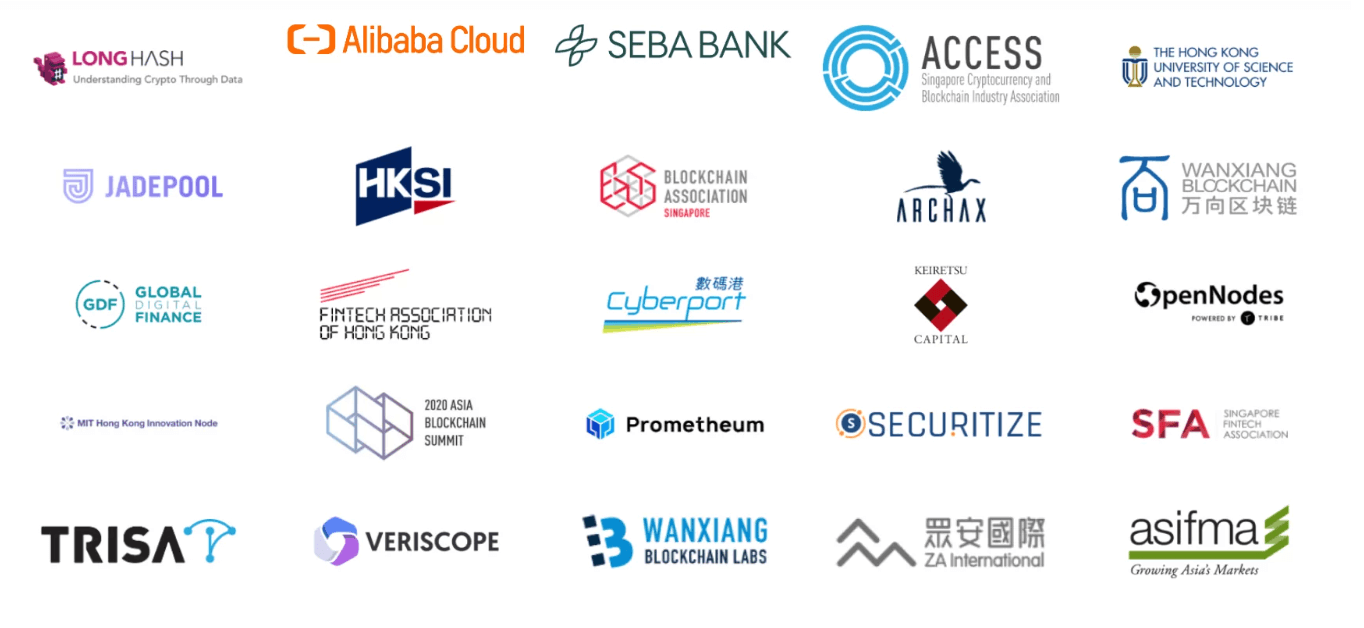Cryptocurrency investors have had the date June 1st on their minds for weeks. This significant day marks the expected introduction of critical steps toward the future of crypto investment. If you remember, the Chinese government reintroduced a ban on cryptocurrencies mid-2021, an action that precipitated a slump in Bitcoin price to $30,000 during the 2021 bull season.
So, what do these forthcoming steps in Hong Kong’s regulatory approach mean for crypto investors?
Hong Kong
Let’s start by getting acquainted with Hong Kong. Officially known as the Hong Kong Special Administrative Region of the People’s Republic of China, this area houses a multinational population of approximately 7.4 million. Despite these numbers, it’s one of the most densely populated regions in the world. With a rich history stretching back to 1842, Hong Kong has been part of China for the past 26 years. The relationship between China and Hong Kong can be described as “one country, two systems”.
Hong Kong operates separate administrative and economic systems from mainland China. It ranks among the top 10 exporters and importers worldwide, and the Hong Kong dollar is the eighth most traded currency globally. The region boasts high per capita income, but it also struggles with extreme income inequality. In essence, Hong Kong is a city for ultra-wealthy investors.
As the world’s 35th largest economy and possessing a significant market capitalization of $3.87 trillion in its stock exchange, Hong Kong’s influence extends well beyond its population size. The steps Hong Kong is predicted to take toward legitimizing cryptocurrencies could affect not only this administrative region but all of Asia. Legalizing cryptocurrency investment for individual investors in the region could potentially trigger an influx of billions of dollars into the markets.
Why Hong and China Conflict on Crypto
But here’s the rub: China banned cryptocurrencies in 2021, barring its citizens from exchanges. Even though some Chinese investors have found various ways to invest, the ban persists. So, how can Hong Kong, being part of China, legitimize cryptocurrencies?
The answer is apparent: Hong Kong cannot make this decision independently. China anticipates the Web3 field growing in the future. To remain a player in this domain while protecting the majority of its citizens from the risks of cryptocurrencies, it allows Hong Kong to take crypto-friendly steps. Simultaneously, China prevents massive capital outflows from the mainland via cryptocurrencies, thus safeguarding its economy.
The Hong Kong Web3 Festival took place on April 12th. Numerous Chinese technology and investment giants were present, front and center. Top executives from crypto companies presented to them.

Hong Kong Cryptocurrency Regulation
The Securities and Futures Commission (SFC) in Hong Kong will allow individual investors to invest in cryptocurrencies through licensed exchanges starting June 1. This new development follows Eddie Yue, Chief Executive of the Hong Kong Monetary Authority, hinting at this decision during his speech at the Bloomberg Wealth Asia Summit on May 9. However, it is clear that Hong Kong will not fully deregulate cryptocurrencies.
In a recent announcement, the SFC outlined seven conditions under which cryptocurrencies will be traded on the exchange. Altcoins with less than a 12-month history will not be permitted for trading in the region’s exchanges. Two independent indices will determine the cryptocurrencies for listing, preventing manipulative tokens from being offered to investors. Key considerations will include volume, market value, and global exchange support for these altcoins.
Exchanges will be prohibited from offering rewards or gifts to their users. Independent market makers will serve in exchange order books, with a ban on adopting strategic positions that are for or against their clients. Strict identity verification processes will be imposed on Virtual Asset Service Providers (VASPs) and financial institutions. These entities will be required to collaborate closely with the government’s relevant units in Hong Kong.
Altcoins to Allow Investment
Individual investors will be banned from trading Stablecoins for the time being. Transactions will occur in fiat currency pairs instead of Stablecoins with potential instability. Also, options such as Earn, Stake, and futures trading will be unavailable to individual investors.
Considering these conditions, the first batch of altcoins that can be traded on the exchange, according to the SFC consultation document in February, are Bitcoin, Ethereum, Litecoin (LTC), Bitcoin Cash (BCH), Polkadot (DOT), Solana (SOL), Cardano (ADA), Avalanche (AVAX), Polygon (MATIC), and Chainlink (LINK). Although not officially confirmed, BCH and Solana may be excluded due to concerns about their futures.
Post June 1, Hong Kong’s move to legitimize crypto investments could significantly increase the market entry from this region, especially given the abundance of wealthy individual investors in this trade hub of Asia. This could be a lifeline for cryptocurrencies in periods of reduced liquidity.
China, by way of Hong Kong, could increase its presence in the Web3 industry while favoring cryptocurrencies. The US might also respond by lessening pressure on crypto. Almost all Web3 companies worldwide are funded by token sales to crypto investors, which could provide a robust shield for crypto in the future.


 Türkçe
Türkçe Español
Español











Don ,sir